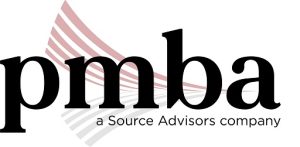Sales Tax Challenges Facing the Digital Products and Services Industry
Determining sales tax on digital goods and services can be a challenge, especially for those new to the business or experiencing rapid growth. With nearly every state adopting some form of economic nexus rule, taxpayers must analyze the implications and new requirements for collecting and remitting sales tax where they conduct business.
The digital industry has its own set of complications because of the intangible nature of the products and services. As a result, states have trouble setting clear taxability guidelines. In general, several jurisdictions have decided to exempt these products because they do not consider the goods as tangible personal property. While others get more granule and make distinctions between certain types of digital products, like SaaS or online streaming services.
We put together a guide to help companies with this challenge navigate the intricacies of sales tax on digital goods.
Key takeaways include:
- How states define digital products and services
- State-by-state chart on which states tax digital goods
- Special considerations to keep in mind on the local level
- Building a sales tax compliance strategy that fits your business model
Have a sales tax challenge? Our experts can help!
For additional information or assistance with a specific sales tax challenge, contact us today to speak with one of our sales tax advisors.
We can help you:
- Determine where you have nexus (a physical or economic business presence)
- Conduct a taxability study to pinpoint which states require you to collect and remit sales tax
- Troubleshoot any historical liabilities
- Establish compliance strategies moving forward and help implement sales tax software if needed
